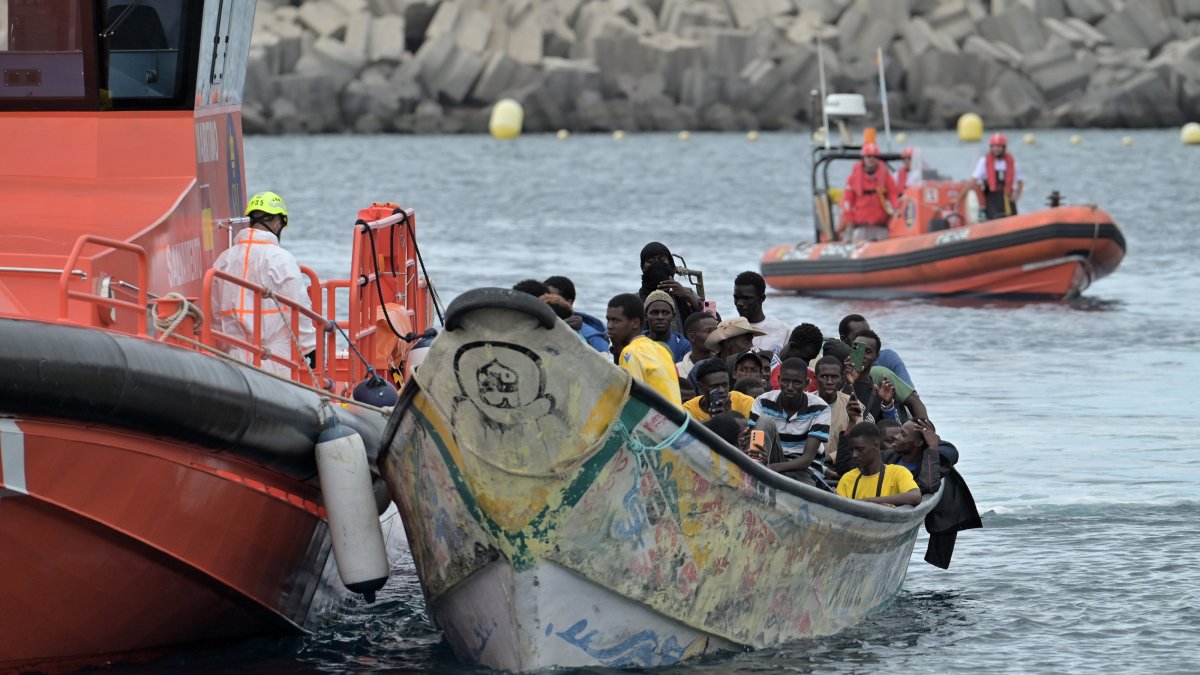The European Union on Tuesday called on member states to help redistribute at least 30,000 asylum seekers to ease pressure on Italy, Spain, Greece and the Greek Cypriot administration, as part of efforts to manage irregular migration across the Mediterranean.
The announcement by the European Commission, the EU’s executive branch, is expected to trigger intense negotiations among the 27 member states, many of which remain reluctant to take in migrants.
The bloc adopted a sweeping overhaul of its migration and asylum policies in 2024, set to take effect soon. A key feature of the new framework is a “solidarity mechanism” designed to relieve Mediterranean countries facing what Brussels describes as “migratory pressure.”
Under the plan, other EU countries must either accept a share of asylum seekers from these frontline nations or provide financial compensation of 20,000 euros ($23,000) per person instead.
The commission said Italy, Spain, Greece and the Greek Cypriot administration face a disproportionate number of arrivals, particularly following search and rescue operations at sea over the past year. “Greece and Cyprus are under migratory pressure due to the disproportionate level of arrivals over the last year,” it said. “Spain and Italy are also under migratory pressure because of a disproportionate number of arrivals following search and rescue at sea in the same period.”
The announcement, delayed by a month amid lobbying by EU capitals, will now form the basis for negotiations on how many asylum seekers each country is willing to accept – or how much financial support they will contribute instead.
Several member states have already said they will not take in any migrants under the scheme and will only make financial contributions. With governments across Europe facing mounting domestic pressure to curb migration, agreeing to accept additional asylum seekers carries significant political risk.
Under the new system, at least 30,000 migrants will need to be relocated annually, though the exact number is yet to be finalized. A final decision on the allocations is expected by the end of December.

The Daily Sabah Newsletter
Keep up to date with what’s happening in Turkey,
it’s region and the world.
SIGN ME UP
You can unsubscribe at any time. By signing up you are agreeing to our Terms of Use and Privacy Policy.
This site is protected by reCAPTCHA and the Google Privacy Policy and Terms of Service apply.
